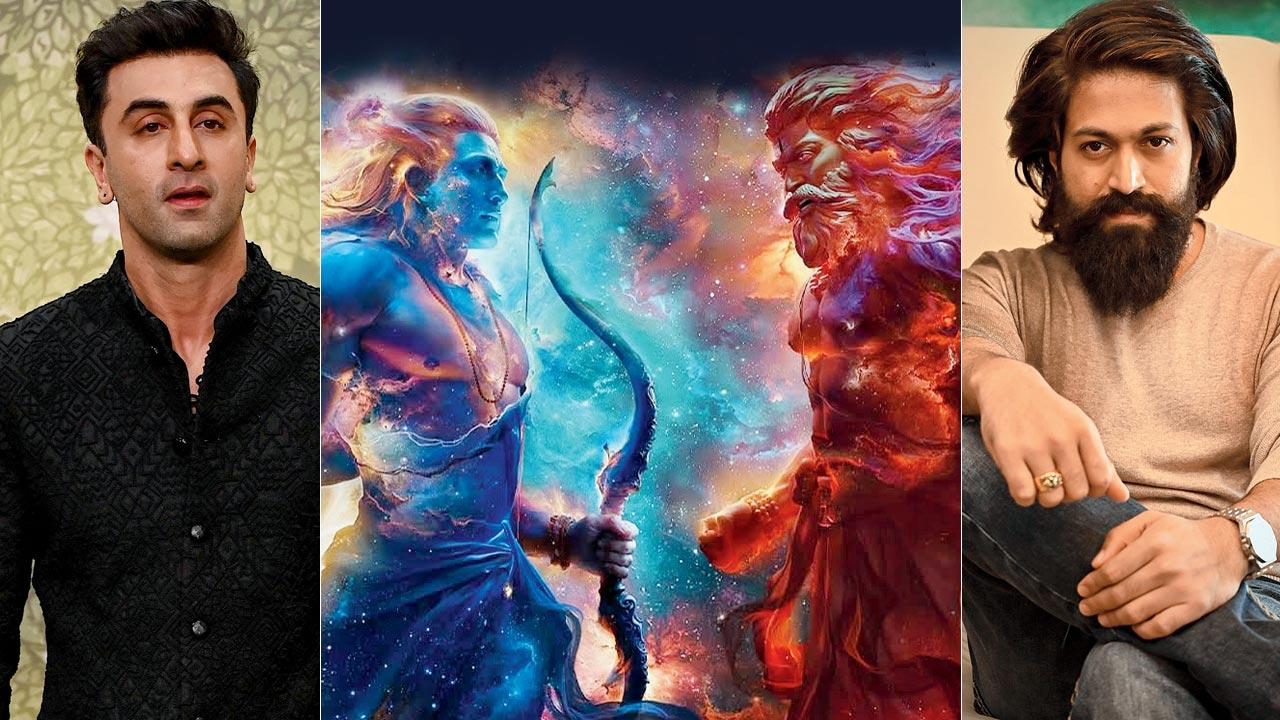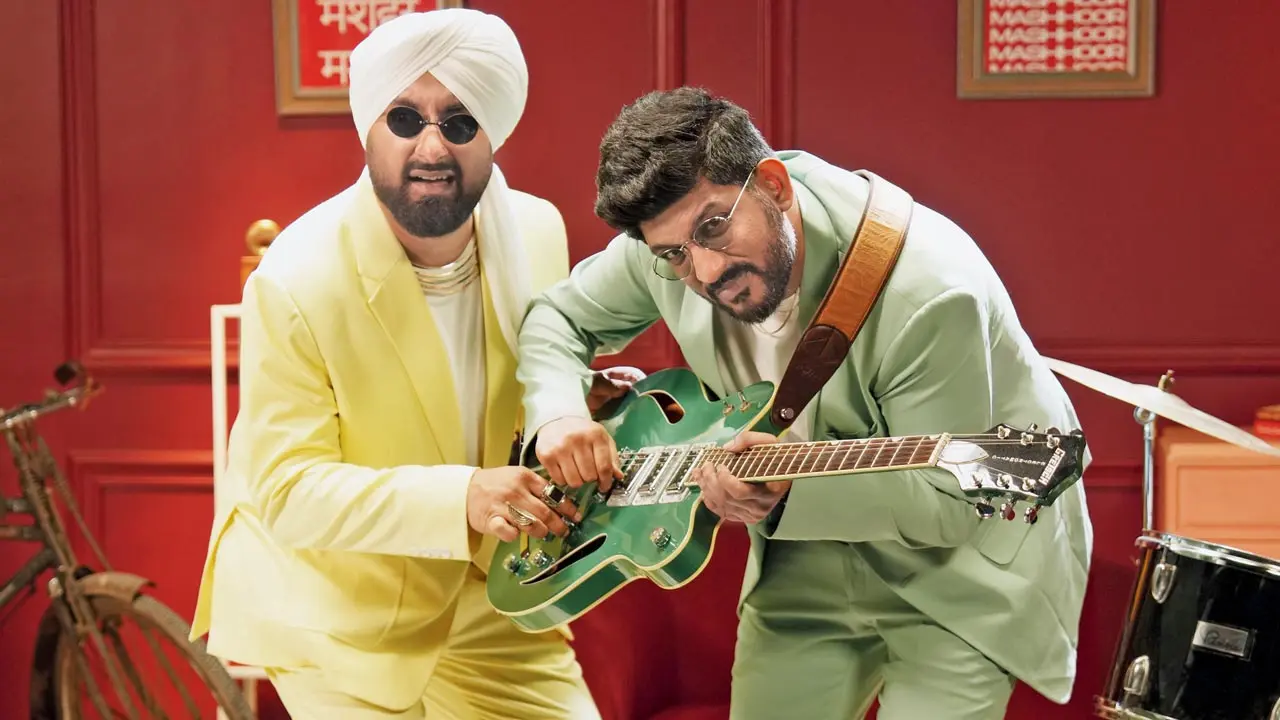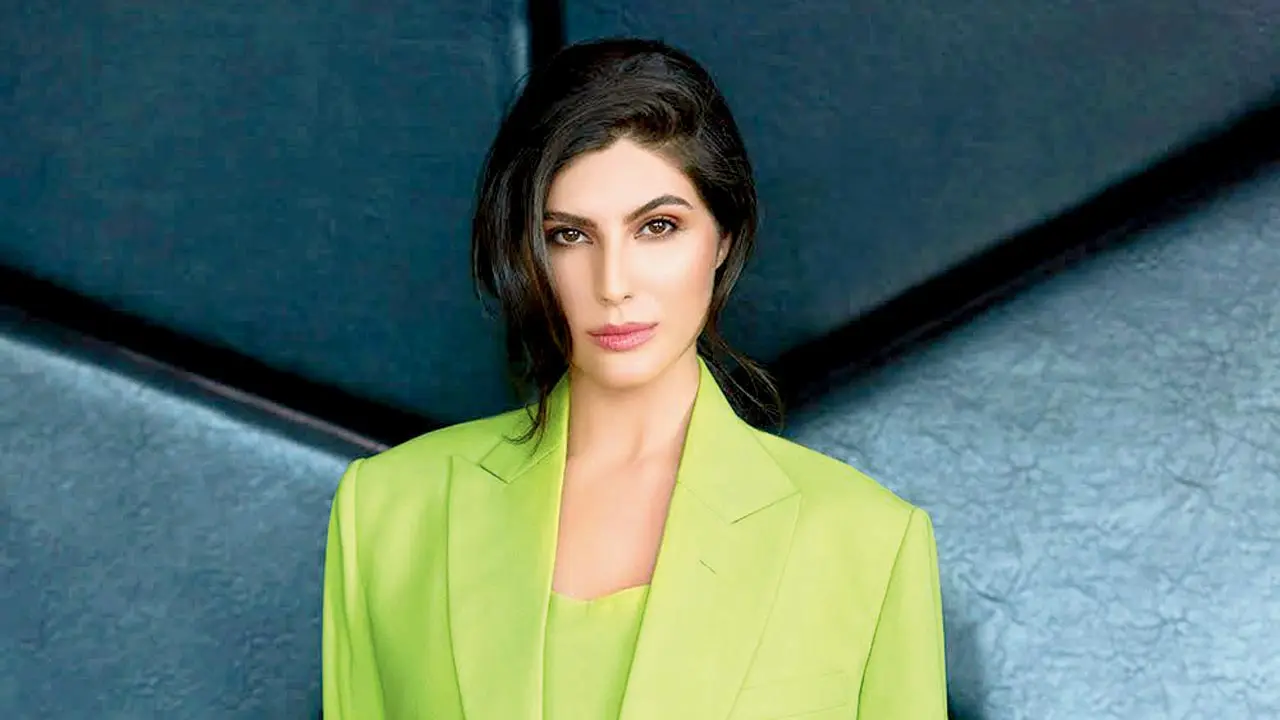What started with a song turned into a full-fledged score for the movie. While Clinton Cerejo and Bianca Gomes, who form the band Shor Police, weren’t sure they had the time to go beyond composing the songs for Baramulla, the outpouring of love over the last 15 days has validated their decision. In a chat with mid-day, the duo talks about creating the soundscape of the Netflix horror film.
Excerpts from the interview.
Take me back to when Baramulla came your way.
Gomes: Initially, we were called on board to only compose one song. After we saw the film, we were asked to do the score. Since it was a tight timeline, we were apprehensive. But the film was so beautifully shot that we were happy to adjust our schedules and meet the deadline.
A still from ‘Baramulla’
What was director Aditya Suhas Jambhale’s brief?
Cerejo: Aditya was one of the most open directors we came across. He had a temp [temporary] score, but he was eager to hear what we have. That’s rare because often directors get so used to the temp score that they find it difficult to disconnect from it. [For them] nothing you do will match up to that score, because they’ve lived with it for so long.
Gomes: He wanted the music to sound new. In horror films, you have the same kind of music and the audience is led in a certain way. So, it’s easy to go down that same path. But Aditya wanted the music to be a reflection of the landscape. We’ve used instruments like the rabab.
Background score has been overlooked so much that if a musician’s name is attached to a project, it’s believed they only composed the songs. What’s your take?
Cerejo: When you think of movies, you think of the songs associated with them. Nobody used to talk about a film’s background score. As a result, even if composers got to do the background score, they’d feel it’s not worth spending their time. Composers like Shankar-Ehsaan-Loy and AR [Rahman] do both. In Bollywood, when you say that someone is a film composer, you’re most likely referring to the one who has composed the songs. In Hollywood, film composers are those who do the background score. Here, the score has been largely ignored not just by the public, but also by the industry. [People] don’t want to be score composers because they don’t get the respect they deserve.
The issue is also the [concept] of multiple composers in a film. You wouldn’t get 12 cinematographers to shoot your film. So, why do you get 12 composers?
Whenever I see two musicians together, I think, ‘How do they manage to be in tune with each other?’ Do you two fight?
Gomes: Oh, a lot!
Cerejo: One of us will walk out of the studio, mostly me (laughs).
Gomes: Musicians in a band are always having creative differences. So you can imagine how many differences there will be when two people are in charge of writing a song. But when you team up with someone, you have to make room for their opinions. I give Clinton credit for that because it takes a lot of openness from someone, who is more experienced, to say, ‘We are a team.’ If you can’t leave your ego at the door, you’ll have a problem.











